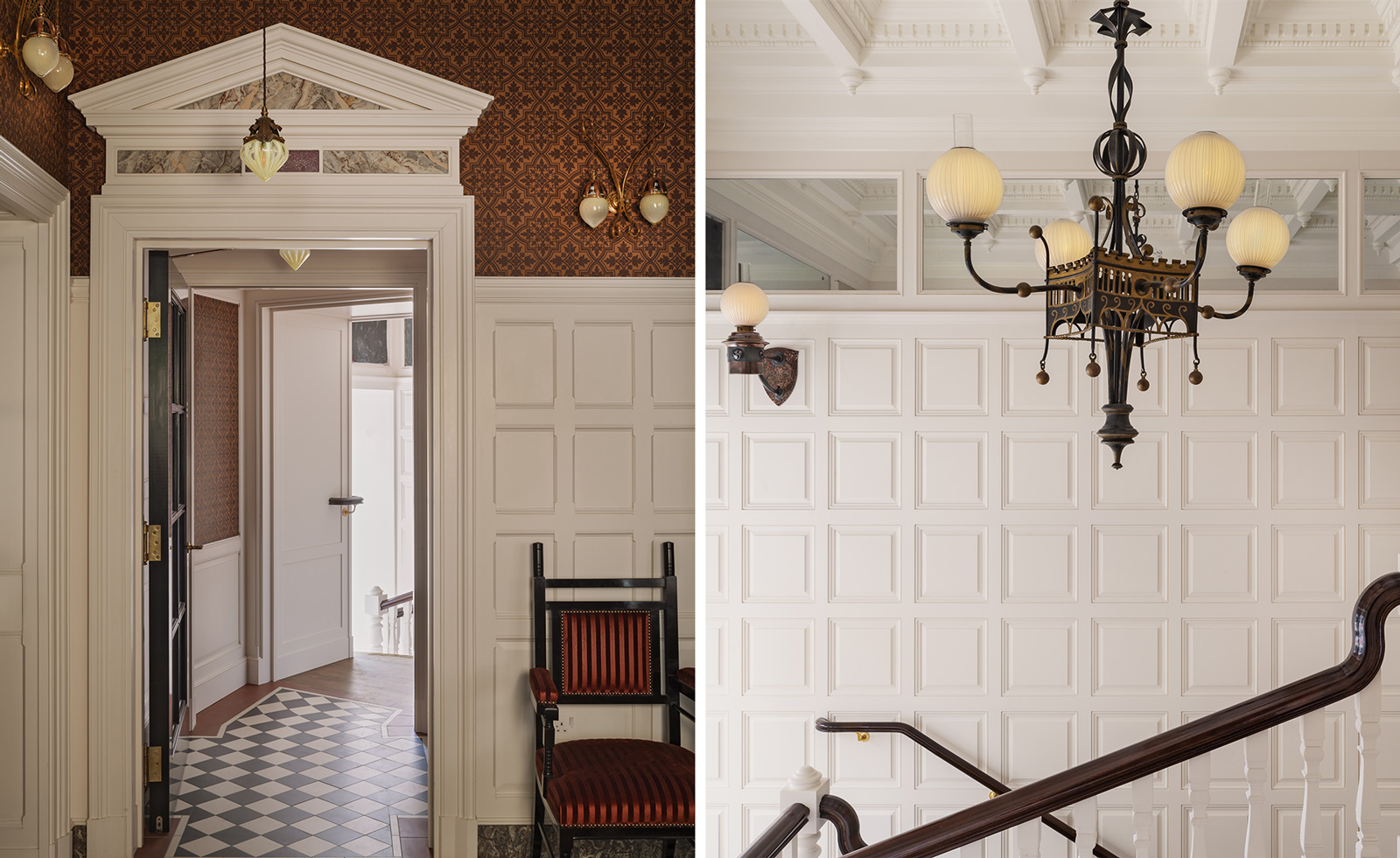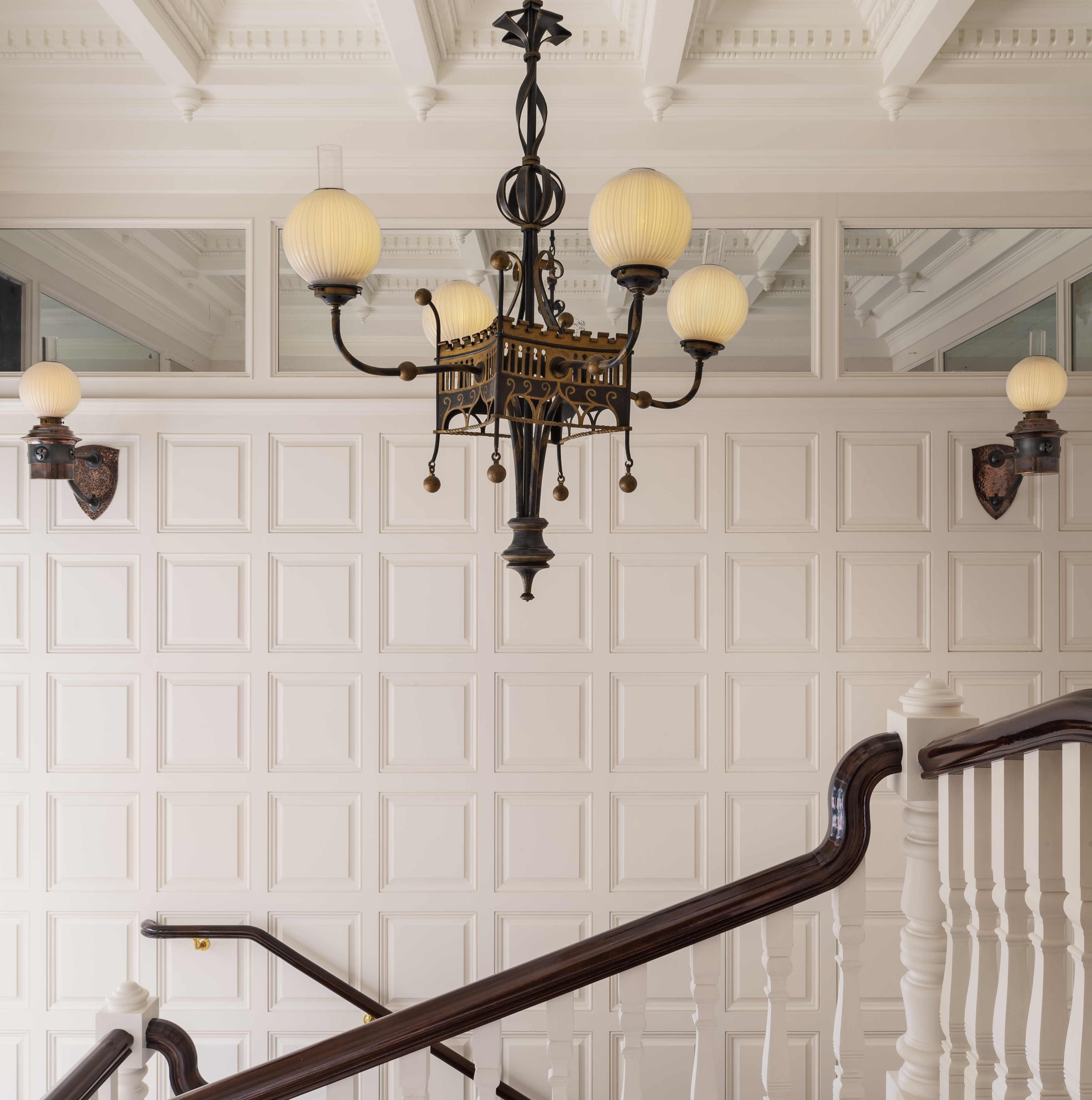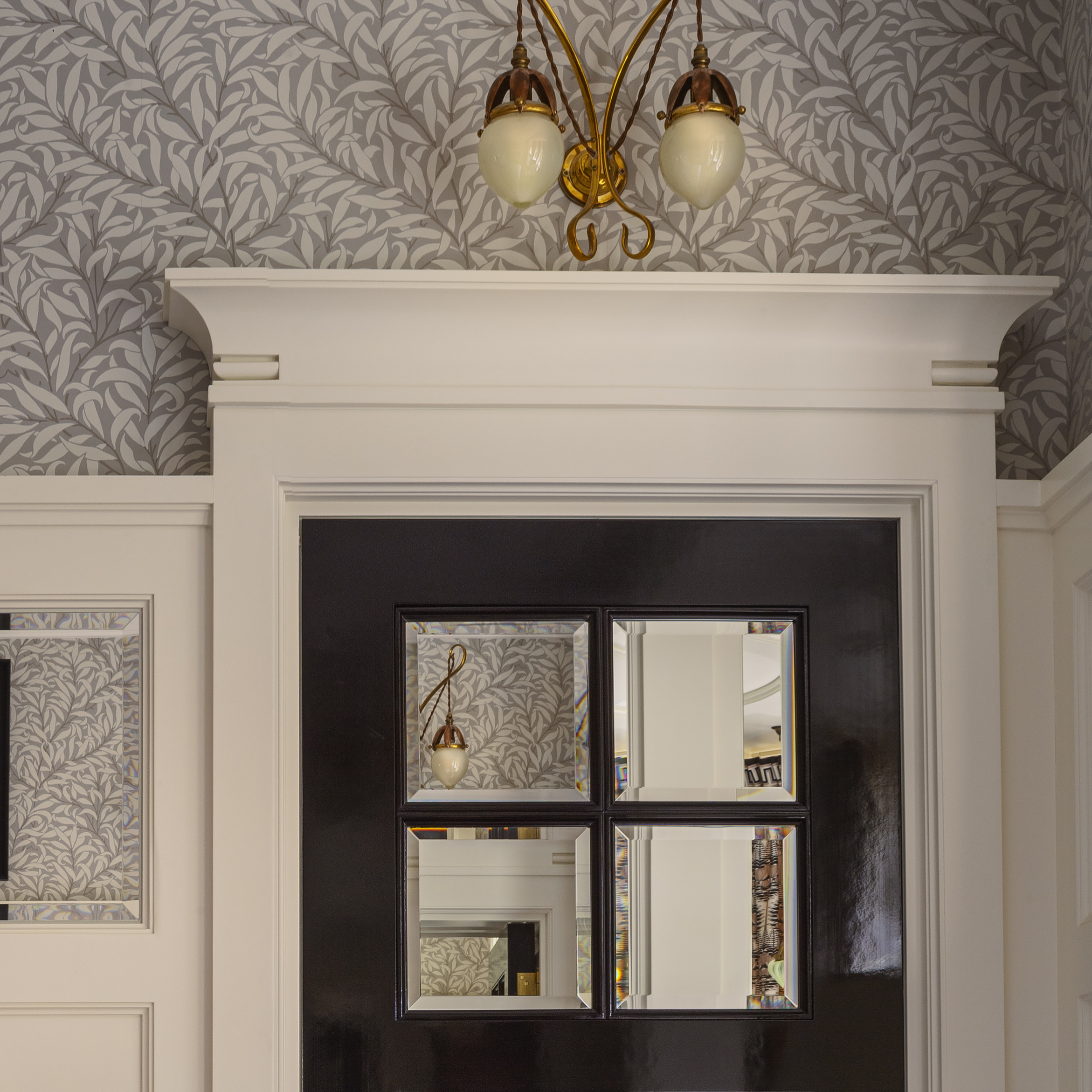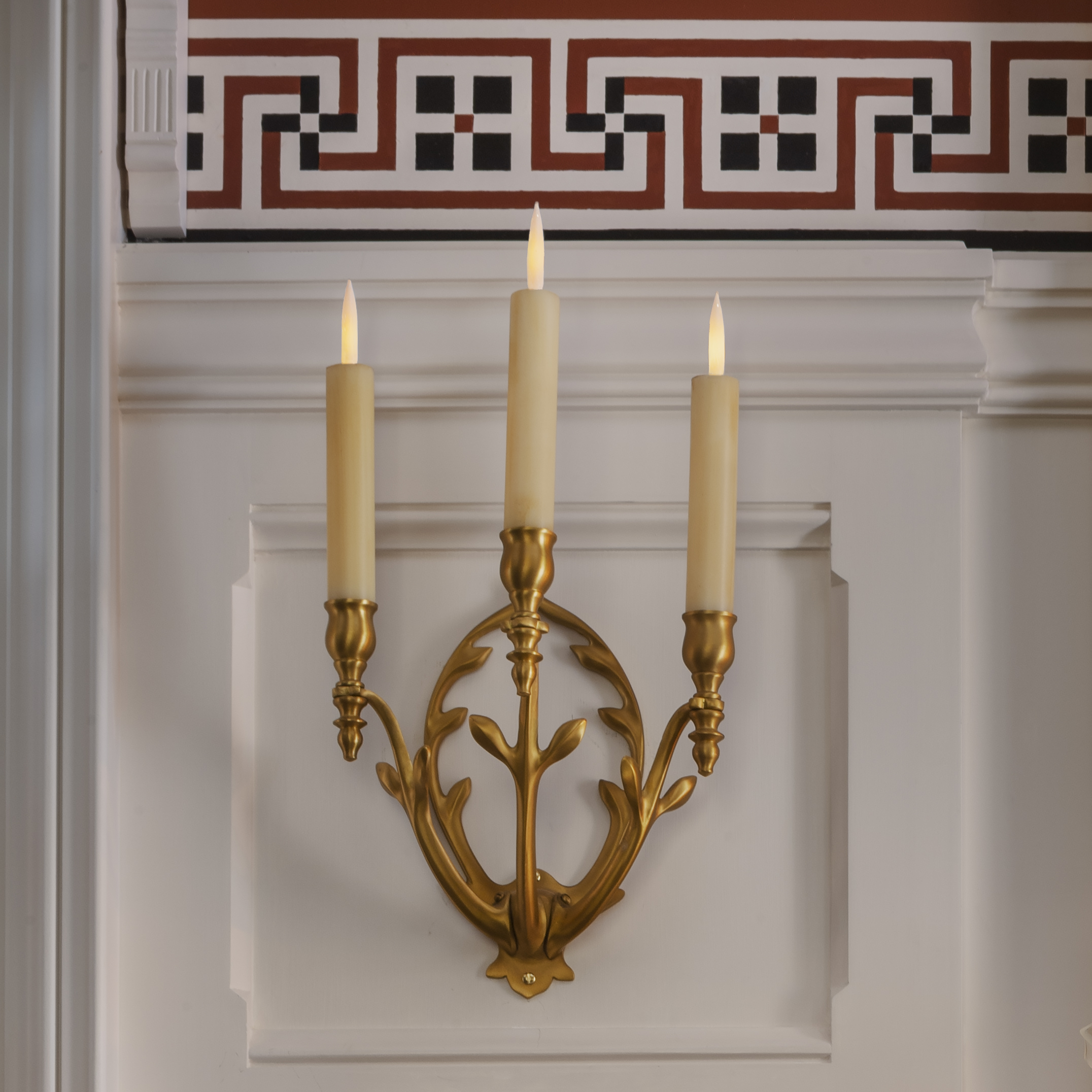
‘Good things come to those who wait’. This is certainly the case for the highly anticipated One Sloane, which, after six years in the making, has quietly opened its lavish doors in the heart of London’s Chelsea neighbourhood. Hidden within a handsome 19th-century brick mansion on a leafy residential street just off Sloane Square, the hotel is the latest offering from Jean-Louis Costes, the hotelier behind Paris’ legendary Hôtel Costes.

A team effort between the Cadogan dynasty, one of London’s biggest landowners, and French designer François-Joseph Graf, the property is an elegant fusion of British heritage and charm with a dash of Parisian flair. The building itself, designed in 1889 by architect Edwin Thomas Hall - also the mastermind behind Liberty London and the Dulwich College library - has undergone a major overhaul with the restoration of the stately Victorian façade and the addition of a sixth floor. This all comes together to include 30 guestrooms, a top-floor restaurant and an intimate lower ground level bar that, like Hôtel Costes, hints at the promise of decadent hedonism.

Everything is underscored by the interior design, which Graf says was inspired by the British Empire at the turn of the century. ‘I wanted to hark back to the unique period when the British Empire was at its peak, spreading across the globe from Singapore and Hong Kong to Calcutta, Sri Lanka, Cairo and Baghdad’ he says. ‘This led me to find precious pieces of British design such as Smith Benson lighting and Goodwin furniture in far flung corners of the world. With such a strong façade, typical of the Victorian architecture, I understood that the interiors demanded to be equally grand.’

In collaboration with the best British artisans and French craftsmen, Graf embellished the building’s original period details such as the ceiling cornices, wood panelling, stained glass windows and playful trompe l’oeil with restored antique furnishings, and a rich layering of sumptuous textures and fabrics. This has all been underpinned by thoughtfully considered lighting courtesy of heritage lighting consultant Jeremy Quantrill - of Verdome - and Collier Web, who embarked on the mammoth task of reproducing light fittings from over 50 original pieces. ‘I believe the most important element of any project is perfect illumination,’ notes Graf.

Elsewhere, the impressive Neo-Greek lobby - a favourite space for Graf - sits in harmony with the period façade, its burnt brick hues revealed through ceramic floor tiles that take their cues from traditional Victorian entrance hall tiles, alongside antique mirrors and furnishings and a collection of vases. This level of detail continues throughout the hotel where the staircase walls are sheathed in William Morris wallpaper and the corridors are trimmed with hand-painted calligraphy. The guestrooms are all individually designed with the intimacy of a private boudoir, featuring creamy tones embellished with sumptuous details like the intricately mosaic-tiled bathrooms, plush tasselled velveteen sofas, restored antique furnishings, period wallpaper, and black-and-white vintage photographs.

Upstairs, the all-day restaurant takes its cues from the Victorian era’s Anglo-Chinese heyday. Here, a menu of simple French cuisine, using the best available ingredients, is served against an all-white palette embellished with stained-glass windows that filter a kaleidoscope of light onto intricately etched display shelves featuring a curated collection of Chinese vases in monochrome tones.
Like with Hôtel Costes, it’s the lower-level speakeasy that embodies the spirit of the hotel. With its own private entrance on Holbein Place, this sybaritic sanctuary is where you’ll find locals in the know, sipping on cocktails against a seductive soundtrack from a roster of DJs.










